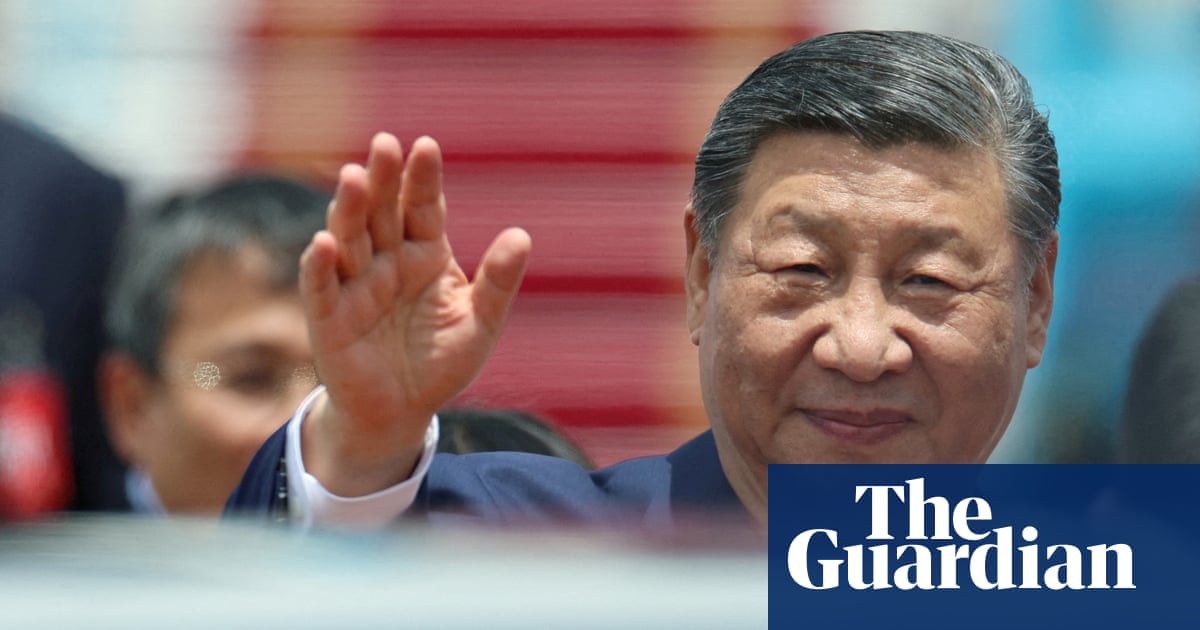Beijing Evaluates U.S. Offer for Trade Negotiations
Beijing is currently assessing an offer from the United States to engage in trade negotiations, a significant development in the ongoing tension between these two economic giants. This evaluation comes on the heels of statements from former President Donald Trump claiming that dialogues were already taking place between the nations.
Recent Developments
The Chinese commerce ministry recently relayed that the U.S. has made several overtures to initiate talks. They emphasized that the U.S. is reaching out through various channels, expressing a desire to discuss economic and trade matters with China. This sentiment has circulated amidst an atmosphere of suspicion, as both nations have been locked in a complex trade war that began in April when Trump implemented high tariffs on Chinese imports.
Nationalist Perspectives
Public sentiment in China also reflects a readiness to engage in negotiations. Influential voices, such as nationalist blogger Ren Yi, widely known as Chairman Rabbit, noted that there have been consistent attempts by the U.S. to initiate contact regarding trade discussions. However, he cautioned that if China had already capitulated and initiated communication, it would imply a weakening of its position—something the Chinese government vehemently denies.
The U.S. Perspective
Contrary to China’s assertion, Trump’s recent claims indicated that negotiations were already underway and that Xi Jinping had personally reached out to him. In response, China’s foreign ministry accused the U.S. of misleading the public about the actual status of the talks. This back-and-forth highlights the underlying tensions both sides navigate while attempting to maintain a diplomatic façade.
Calls for Sincerity
China’s commerce ministry has stressed that any negotiations should occur in an environment marked by "sincerity," cautioning against what they describe as American "coercion and extortion." This stance reflects a deep-seated resentment towards the U.S.’s approach to trade policy, which China perceives as bullying tactics. The reality is that since the trade war escalated, both nations have faced significant economic repercussions, with tariffs soaring to 145% for Chinese goods and 125% for American imports.
Economic Impact
As the trade war stretches on, economic indicators from China reveal a slowdown in factory activity, attributed to "sharp changes in [China’s] external environment." Economic instability is prevalent; hence, Xi Jinping has urged officials to adjust to these evolving international dynamics, implicitly signaling the need for adaptability without directly criticizing the U.S.
Propaganda and Perception
China’s propaganda machine has also been vocal, releasing materials portraying the U.S. as a bully. For instance, a recent video from the foreign ministry accused the U.S. of exerting pressure and warned that yielding to such behavior is akin to "drinking poison." This approach is not merely rhetoric; it serves to bolster internal morale and solidify the narrative of resilience against external pressures.
Regulatory Changes in the U.S.
Amidst this backdrop, new U.S. policies have been rolling out to close tariff loopholes affecting trade. An executive order eliminating the "de minimis" provision, which allowed low-value goods to enter the U.S. without customs fees, directly impacts Chinese exporters. This move signifies a tightening of trade regulations that could exacerbate existing tensions.
Future Outlook
Amid the contention, there are voices expressing cautious optimism regarding a possible resolution to the trade disputes. Scott Bessent, a notable market insider, confidently articulated that China would ultimately seek a deal. Secretary of the Treasury has echoed a similar sentiment, indicating that a de-escalation of tensions should be the immediate priority, before paving the way for more comprehensive trade agreements.
This nuanced situation illustrates the layers of complexity characterizing U.S.-China trade relations, blending economic strategy with international diplomacy in a rapidly evolving landscape.


